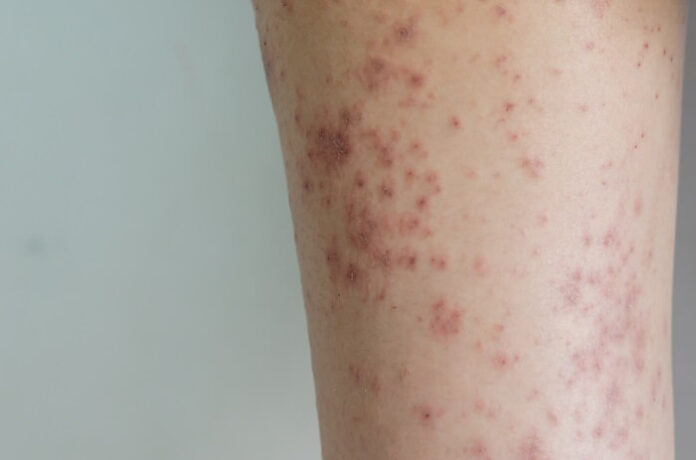A new study suggests that the common skin fungus Malassezia globosa may invade deep tissues through the skin or other pathways, contributing to tumor growth. The findings were published in mBio.
“It’s essential to maintain skin health not just for aesthetic reasons, but also for overall well-being,” stated the study’s lead author, Qi-Ming Wang, Ph.D., a professor at the School of Life Sciences, Institute of Life Sciences and Green Development, Hebei University, China. “Microorganisms that promote tumor growth, such as intertumoral fungi, deserve more attention.”
Recent studies have increasingly highlighted a link between fungi and cancer. In this research, Wang and his team transplanted mouse breast cancer cells and injected M. globosa into the fat pad of the mammary gland. By the end of the study, they measured tumor sizes and analyzed the presence of M. globosa within the tumors.
As reported by medicalxpress.com, their findings revealed that M. globosa colonized the breast fat pad, leading to tumor growth. The researchers noted that as a lipid-loving yeast, M. globosa may use the fat pad as a source of external lipids for its development. Additionally, they discovered that the pro-inflammatory cytokine IL-17a and the macrophage axis play a crucial role in M. globosa-induced acceleration of breast cancer from the perspective of the tumor’s immune microenvironment.
Wang noted that while the connection between microbes and cancer remains debated, it is receiving increased attention. Disruption of the tumor’s microbial balance may create disorder in the tumor microenvironment.
For instance, Helicobacter pylori has been identified as a potential cause of gastric cancer, while Fusobacterium nucleatum is considered a possible biomarker for colorectal cancer, predominantly found in the tumor microenvironment. Bacteria and fungi can either directly contribute to tumorigenesis through toxins or indirectly by inhibiting immune responses that fight tumors.
Although the study confirmed that M. globosa promotes tumor growth, Wang indicated that the exact transmission route remains unclear.
























